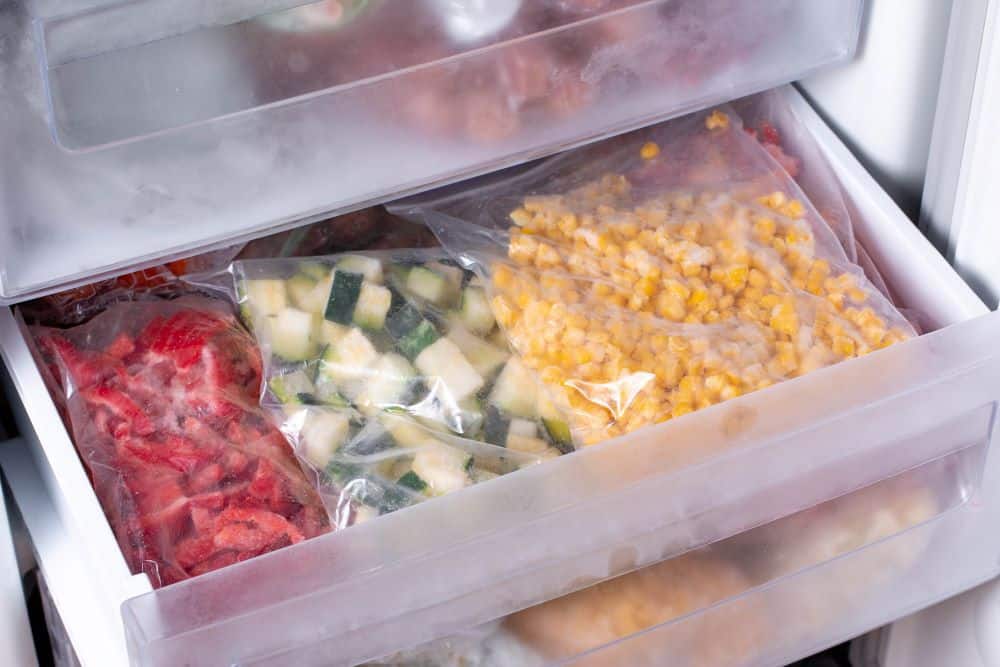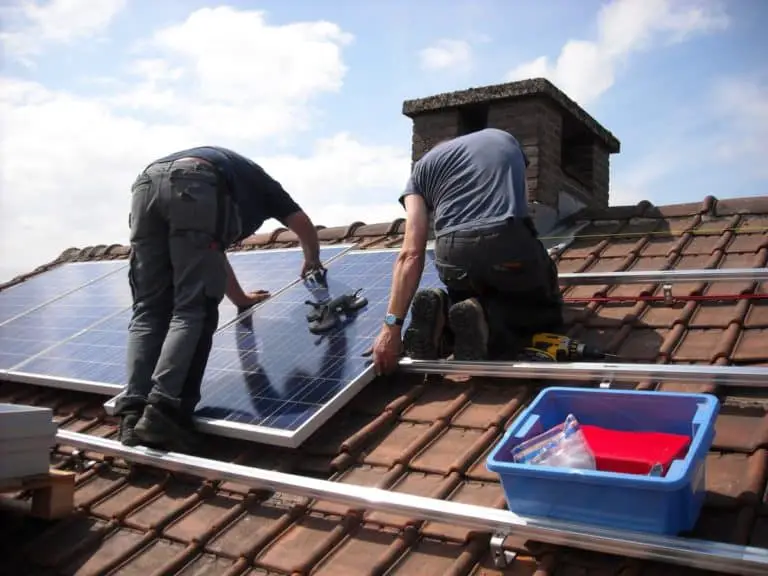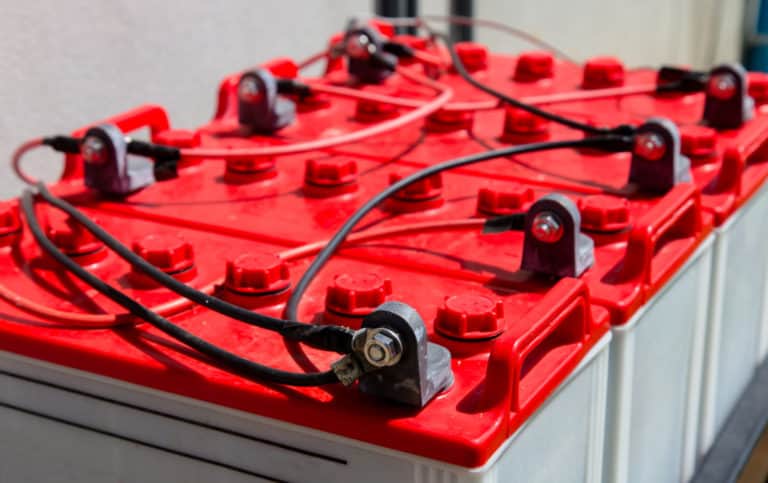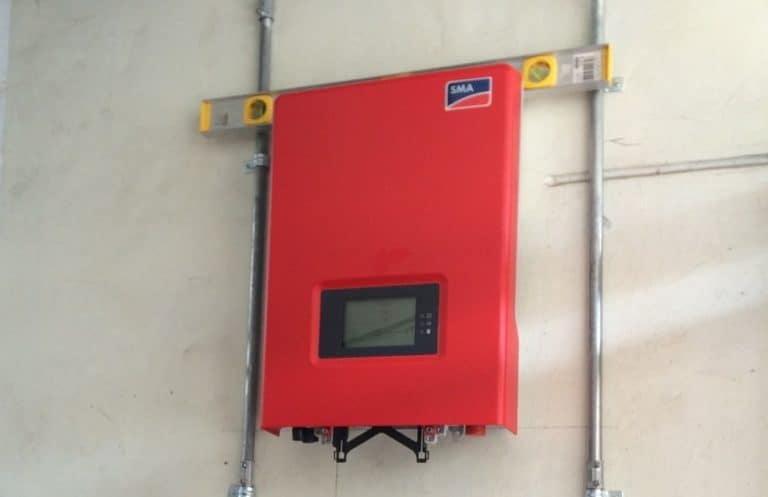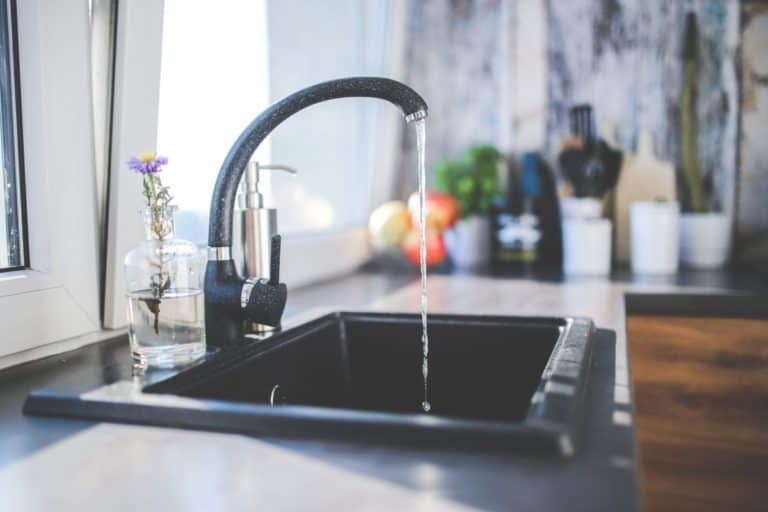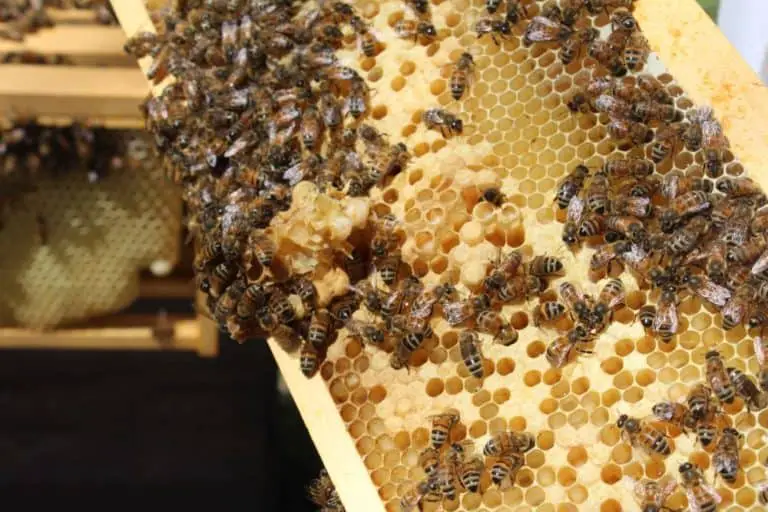Solar Electric VS Propane Freezer: Which Is Better?
When going off-grid, choosing an effective and efficient freezer is an important consideration. There are two main choices to decide between – solar electric or propane.
Propane freezers are regarded better in terms of overall cost and ease of use. They are also more durable compared to solar electric models. Additionally, propane freezers tend to be more efficient than solar freezers. However, solar freezers are considered better for the environment.
Ultimately, the choice between the two comes down to personal preference. Continue reading to learn about how they compare to help you decide which type best fits your needs.
Table of Contents
The Cost-Effectiveness of Different Freezers
A significant difference between propane and solar freezers is the cost. Although the freezers themselves aren’t that different in price, there are several other factors to consider when balancing out their cost-effectiveness:
Upfront Costs
For propane freezer installation, either a permanent propane tank or small portable tanks will be needed. Both of these options will require regular refills. Permanent tanks are the better option for long-term homes, while portable tanks are better for short-term uses or limited space. Permanent tanks cost, on average, $800, according to Home Advisor. This price varies depending on what gallon-size tank is purchased.
Solar electric requires solar panels to power the freezer. According to Rod Johnson Air Conditioning, freezers require a decent amount of energy, approximately 58 kWh per month. An average solar panel provides 30 kWh per month, meaning you would need a minimum of two panels to run the freezer.
Solar systems additionally require batteries and charge control mechanisms. As for cost, solar panels are typically sold in system sets because they require so much equipment. According to Energy Sage, average system installations range between $11,144 to $14,696. Extra batteries and backup generators can add greatly to this cost, bringing it to $20,000 or more.
It is important to note tax credits are rewarded for switching to solar, and some states offer rebates or financial compensation for completing the switch. Because upfront costs are so expensive to switch to solar, it is best to only make the switch if you intend to power most of the appliances or the entire home in this way.
Differences in Efficiency
In terms of efficiency, propane is still the less expensive option. A typical propane freezer will use between 2 – 4 gallons of propane per week. Refilling the tank typically costs between $3 – $5 per gallon, and most homes use tanks that hold between 100 – 1,000 gallons. This means if you have a 100-gallon tank, you may only need to refill it once if it only serves the freezer, bringing the cost to between $150 – $300 on average per year for refills.
Comparatively, there are no refill costs for solar panels. However, the upfront cost comparison makes solar panels far more expensive even after taking into account propane refills. Plus, solar panels may require battery replacements or backup power for cloudy and darker months.
Related reading: How much land do you need to be self-sufficient?
Ease of Use
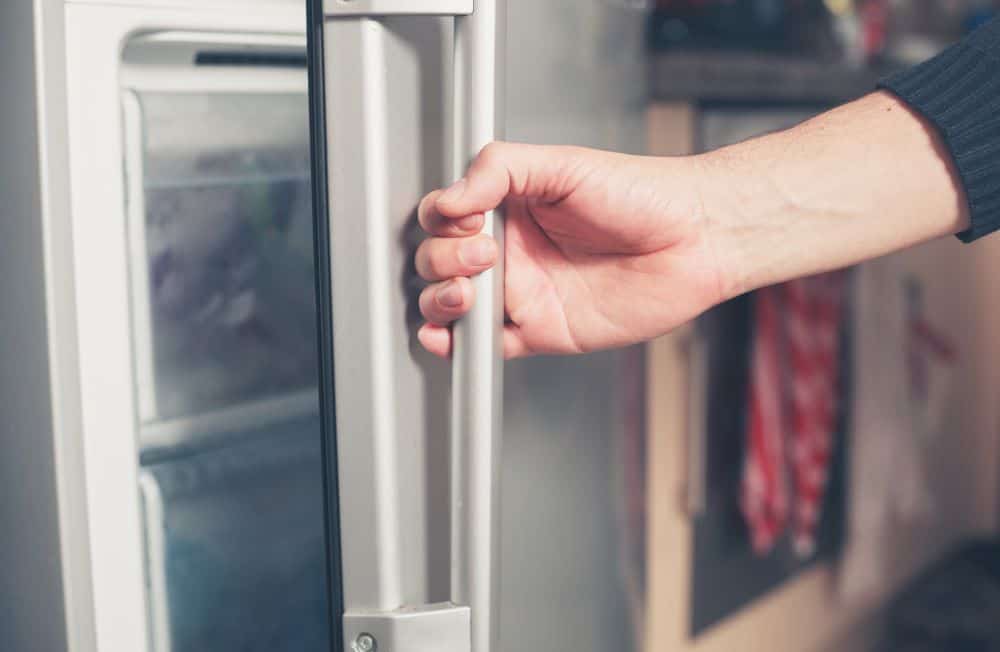
Propane freezers are regarded as being much simpler to use overall compared to solar freezers. This is largely thanks to the fact that propane freezers run on two basic components – a pilot light and a cooling unit. Solar freezers require many more electrical components in order to function properly. One of the biggest considerations is the simplicity of installing the freezer and system of your choice.
Installation Considerations
Solar systems are not only expensive but are additionally complicated to install. They require a lot of equipment that needs to be installed correctly to function. This means that you will likely need a professional installation team.
On the other hand, propane requires the installation of a tank if one is not already present. This can cost between $300 – $5,000 on average. Like solar systems, the installation of a propane tank will require a specialized professional team.
Operating the Systems
Solar freezers are often much more complicated to use due to the many electrical components required for the system to be operational. As mentioned, a typical system requires solar panels, batteries, and charge control mechanisms. Additionally, a solar freezer may require compressors and refrigerant solution. Learning to operate and maintain all this equipment is a major time commitment, but necessary for safe use.
Propane freezers are much simpler, with the system made up of only a pilot light and cooling unit. While solar systems require observation of many parts to ensure they are working properly, propane freezers only require the pilot light to remain lit. If it goes out, this indicates you are either out of propane, or it simply needs to be relit, which is simple to do.
Safety Must Be Considered Too
With any new system, it is important to keep in mind safety precautions and hazards that may occur. Propane and solar freezers are both relatively safe overall, but there are a few issues you should keep an eye out for:
Temperature Maintenance
Propane freezers function through the use of ammonia and water to cool the inside. If an ammonia leak occurs, this presents two main problems:
● The contents of the freezer will no longer be kept cold, causing food to spoil.
● Ammonia can be toxic and can cause burning of the eyes, mouth, throat, nose, and respiratory tract.
Ammonia leaks can be identified by a strong chemical smell and should be addressed immediately. This will likely require a replacement of the cooling unit.
As for solar freezers, temperature maintenance is highly dependent on how much energy has been stored in batteries. It is crucial to have enough energy stored to cover days where there is little to no sunlight to power the panels. If not enough energy is available, the freezer will stop functioning correctly and cause the inner temperature to rise and potentially spoil food.
You may be interested to read: How to keep chickens.
Environmental Impact
Solar freezers will be better for the environment overall. Solar systems do not release any emissions, making them a much cleaner source of energy than traditional fuel.
However, propane is also considered environmentally friendly. It is a low-carbon fuel that is non-toxic to the soil in the event of a spill. Therefore, both options are relatively low in environmental impact.
Propane Freezers Are More Durable
As far as durability goes, propane wins again. Propane tanks can last for upwards of 12 – 15 years before needing replacement. Propane freezers similarly can last for many years, and maintenance is quite simple. The biggest maintenance concerns are typically cleaning the burner box or replacing the thermostat.
Solar freezers, unfortunately, are not as durable. While they have the potential to last as long as propane freezers, the malfunction or breaking of an electrical component can be highly difficult to fix and often requires the freezer to be replaced entirely.
Conclusion
Propane freezers are the better choice overall. At this point in the market, solar freezers and systems are still wildly expensive and comprise many components, making them difficult to install and operate. Plus, the environmental impact difference between the two is largely negligible. Thus, a propane freezer can meet all your needs while also providing cost efficiency, ease of use, and long durability.
Check out my recommendations for equipment that will help you take your home off-grid.
My Off-Grid Product Recommendations
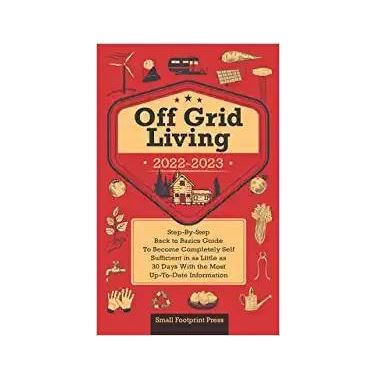
Useful Book: Off Grid Living 2022-2021 – This incredible step by step guide is a great read and gives you useful information about reaching self-sufficiency in just 30 days. Get the paperback on Amazon or read it free with a Kindle Unlimited subscription or listen to the audio version with Audible Plus membership.
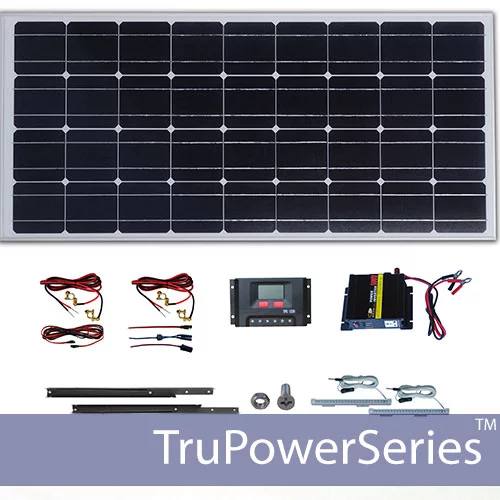
Small Solar Panel Systems: Silicon Solar – This is an excellent company that offers lots of products to get you started on your solar journey. Visit Silicon Solar.
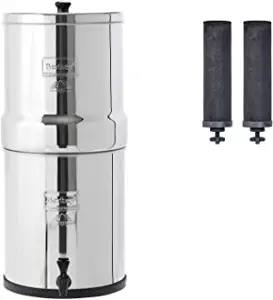
Family Water Filter: Big Berkey – For a fast, affordable water filter with no plumbing required, you can’t beat a Big Berkey gravity-fed filter like this one from Amazon.
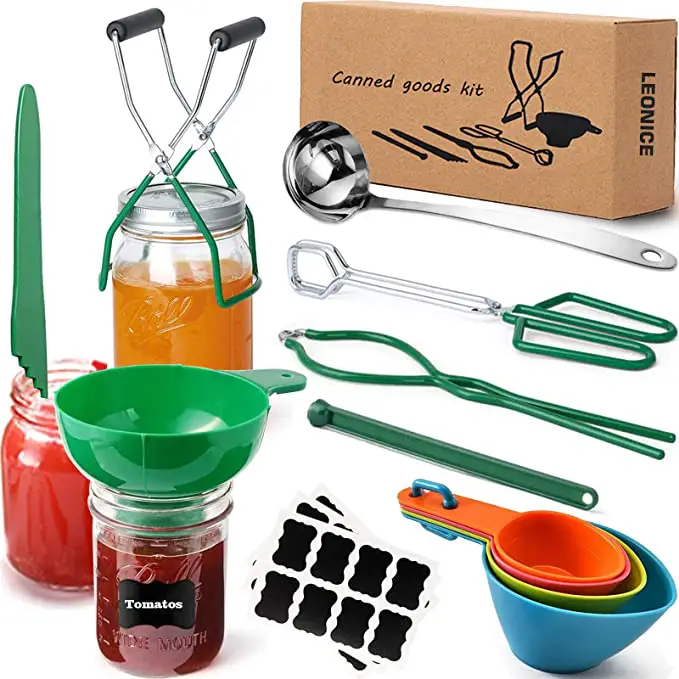
Canning Equipment – This canning starter kit, 22-quart Barton pressure canner and twelve-pack of Ball 16oz mason jars will help you preserve food as you work towards self-sufficiency.
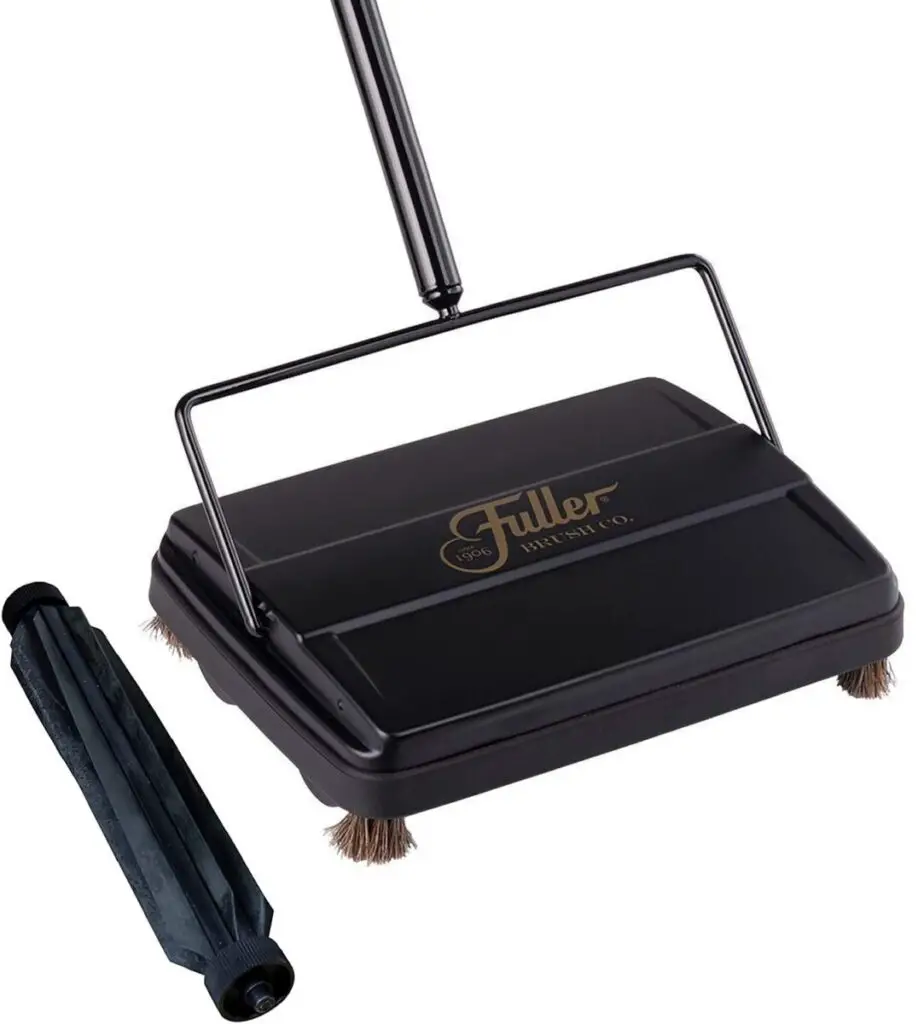
Cleaning: Fuller Carpet Sweeper –. This carpet sweeper is an ideal way to keep your home clean without using up your energy stores on vacuuming.

Handy Knife: Gerber Serrated Paraframe – This handy all-purpose knife is lightweight and ideal for all those little jobs around your home and garden.
